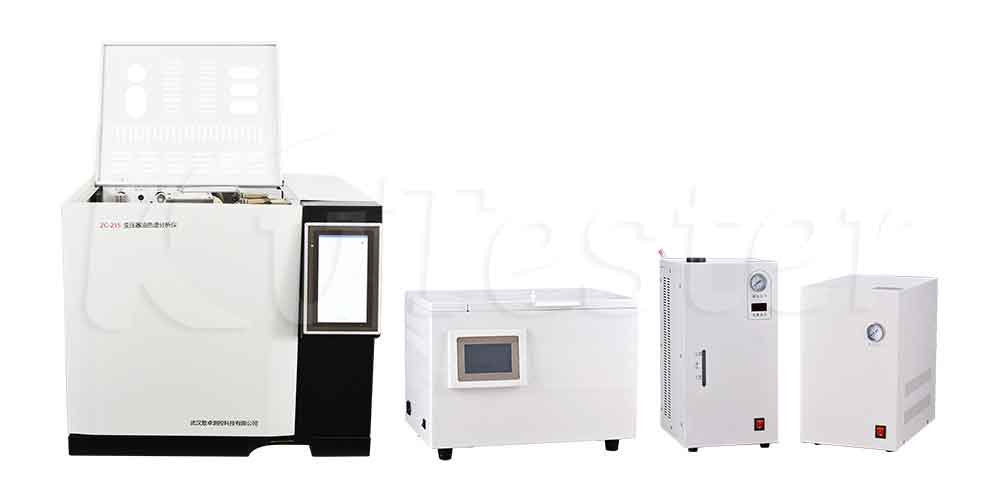Liquid Chromatography (LC) and Gas Chromatography (GC) each have their unique advantages and disadvantages, which determine their applicability in different application scenarios.
Advantages of liquid chromatography (LC):
High separation efficiency: Liquid chromatography can effectively separate complex organic mixtures with similar structures, boiling points, relative molecular weights, and polarities.
High selectivity: By changing the combination of mobile and stationary phases, liquid chromatography can selectively separate and detect different compounds.
High sensitivity: Compared with gas chromatography, liquid chromatography usually has higher detection sensitivity, especially for high boiling point, thermal instability, and polar compounds.
Wide application range: Liquid chromatography is suitable for analyzing organic compounds with high boiling points, poor thermal stability, and low volatility, as well as biomolecules, ionic compounds, etc.
Disadvantages of liquid chromatography (LC):
Long analysis time: Due to the high viscosity of the liquid mobile phase, the analysis time of liquid chromatography is usually longer than that of gas chromatography.
Organic solvents are required: The mobile phase of liquid chromatography is mostly organic solvents, which may lead to environmental pollution and sample loss.
Limitations on samples: Some samples may not be suitable for direct liquid chromatography analysis, such as gas samples or samples that require high-temperature analysis.
Advantages of Gas Chromatography (GC):
Fast analysis speed: The mobile phase of gas chromatography is gas, with low viscosity and low mass transfer resistance, so the analysis speed is usually fast.
High separation efficiency: Gas chromatography has excellent separation efficiency for volatile organic compounds.
Low sample consumption: Due to the analysis of samples in the gas phase, the required sample quantity is usually small.
Wide applicability: Gas chromatography is suitable for analyzing gases, volatile liquids and solid samples, as well as complex samples after derivatization treatment.
Disadvantages of Gas Chromatography (GC):
Limitations on samples: Gas chromatography is mainly suitable for samples that are volatile and have good thermal stability. Special treatment is required for samples with high boiling points and poor thermal stability.
Relatively low sensitivity: Compared to liquid chromatography, gas chromatography may have lower sensitivity, especially for certain polar compounds.
High requirements for operating conditions: Gas chromatography analysis needs to be carried out under high temperature and high pressure conditions, which require high equipment and operating conditions.
In summary, liquid chromatography and gas chromatography each have their unique advantages and disadvantages. In practical applications, the selection should be based on factors such as sample properties, analysis requirements, and experimental conditions.

ZC-215 insulating oil gas chromatographic analyzer is a technology for separation and analysis of multi-component mixtures. It mainly uses the differences of boiling point, polarity and adsorption coefficient of each component in the sample in the chromatographic column, so that each component can be separated in the chromatographic column and qualitative and quantitative analysis of the separated components.
Kvtester Electronics Technology Co.,Ltd. is a high-tech enterprise specializing in power testing, testing, research and development, production, and sales of testing equipment. It has been engaged in the electrical testing industry for many years, and its products are of high quality. We welcome customers to come and purchase. Service hotline: 0086-27-81778799, to learn more, visit the official website: www.kvtester.com





